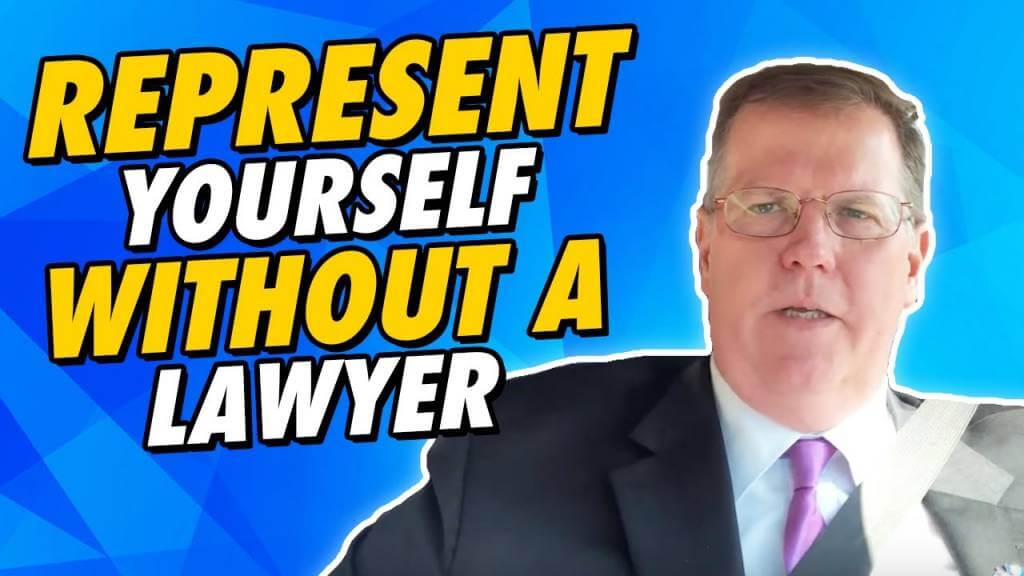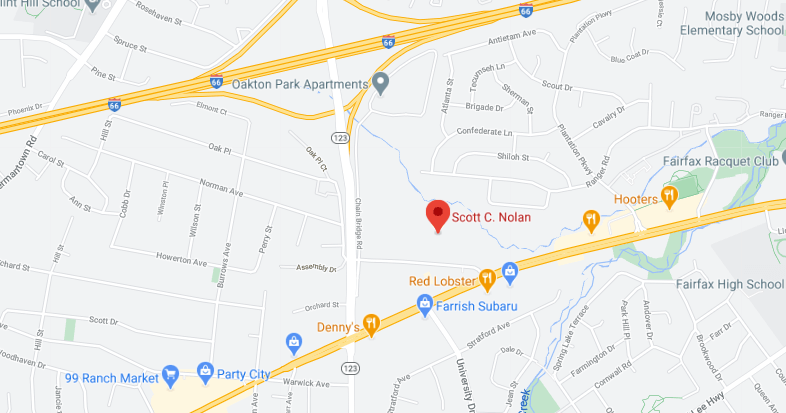If you or someone you know has been charged with simple assault in Virginia, you may wonder what that means and what the potential outcomes could be. These are good questions to ask, as the consequences can be significant. Here’s what you need to know.
What Is Simple Assault in Virginia?
Simple assault happens when someone appears to want to cause bodily harm to another person but does not follow through. But the person who was to receive the blow or injury believes they would have been hurt. One example is if someone is angry at someone else and raises their fist and acts as if they’re going hit someone, but in the end, they don’t. The key here is that someone wasn’t actually physically hurt. Still, they felt a reasonable fear that they were about to be subject to bodily injury because of the other person’s actions.

This is in contrast to assault and battery. Sometimes, people think the two terms are interchangeable, but they’re not. In assault and battery cases, someone is physically touched and potentially injured.
What Are the Consequences if Someone Is Convicted of Simple Assault in Virginia?
In spite of the word “simple” in the phrase, assault of any type can be a crime and should be taken seriously if someone is charged with it. Virginia law takes assault, including simple assault, very seriously.
Simple assault starts as a class 1 misdemeanor in Virginia. If convicted for the first time, that can lead to jail time of up to 12 months and/or a fine of up to $2,500. It’s a criminal conviction and will remain on the convicted person’s record permanently. This last item can have life-changing repercussions, as criminal records can be accessed when people do things such as apply for housing, jobs, or other areas of everyday life.

There are situations in which simple assault can be assessed as an even more serious crime under the following circumstances. These can lead to more aggravated misdemeanor penalties.
- The intended victim was chosen specifically for their race, gender, gender identity, religion, disability, color, national origin, or sexual orientation.
- The intended victim was a school teacher (public or private) or healthcare provider.
These cases of simple assault can possibly lead to felony charges.
- Domestic violence, including threatened violence against spouses or partners present or past, children or grandchildren, parents or grandparents, siblings, or in-laws who live in the same residence. Someone who was previously convicted of two offenses within 20 years could face between 1-5 years in prison and/or fines up to $2,500.
- Assaulting correctional officials. This category includes not just prison guards but law enforcement officers, firefighters, emergency personnel, judges, and magistrates, among others. This can lead to felony charges.
Because the consequences can be significant, it’s highly recommended that someone facing these types of charges contacts an experienced, knowledgeable criminal defense attorney as soon as possible.
What Does it Take for Prosecutors to Prove Simple Assault in Virginia?
There are several aspects of assault cases that prosecutors must prove beyond a reasonable doubt for them to secure a conviction.
- They must prove the accused demonstrated behavior that would reasonably lead others to believe they were about to inflict harm.
- The accused must have known that if they followed through with the threatening behavior, it could injure someone and that even not following through could lead someone to fear being injured.
What Are Some Potential Defenses to Simple Assault Charges?
As noted above, the prosecution has to prove understanding and intent beyond a reasonable doubt. There are many ways to work to dispute that reasonable doubt. Every case is unique, so there’s no one-size-fits-all defense, and that’s another reason why it’s vital to work with a criminal defense attorney who has experience building defenses.

Here are just a few examples of defenses used in the past that have been successful in some cases:
- The accused was wrongfully accused.
- The accused acted in self-defense or in the defense of someone else.
- The accused had some type of physical limitation or disability that wouldn’t allow them to cause harm to someone else.
- The accused did not act in such a way that a reasonable person would believe they were going to follow through with violence.
- The person making the accusations is not credible.
- These defenses need to be carefully developed and crafted to potentially succeed. There may be better choices, depending on the case.
Do Simple Assault Cases Go Before a Jury?
In general district courts, Virginia doesn’t offer the right to a jury trial immediately. Instead, simple assault cases often go to what’s called a bench trial at first. That means a hearing in front of a judge, but without a jury, and the judge can make the determination of guilt or innocence. However, there are times when a jury trial may be ordered or may occur as part of an appeal if someone is found guilty.
What Should I Do if I’m Charged with Simple Assault in Virginia?
Call Scott Nolan Criminal Defense as soon as possible at 703-688-9236 to request a free case evaluation. Whether facing misdemeanor or felony charges for assault, the consequences can be severe, especially if it ends up on a permanent record. Our team of knowledgeable criminal defense attorneys can walk through your case with you to determine the best defense and identify what the possible outcomes will be.











